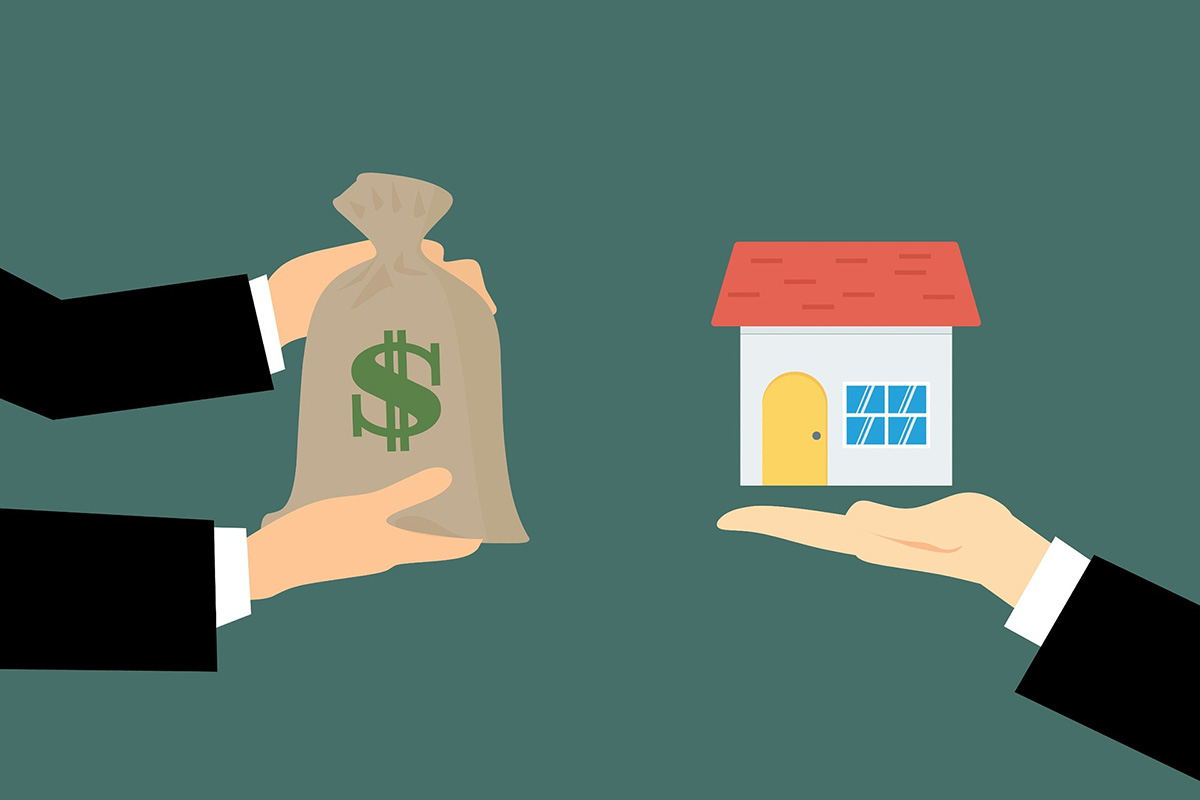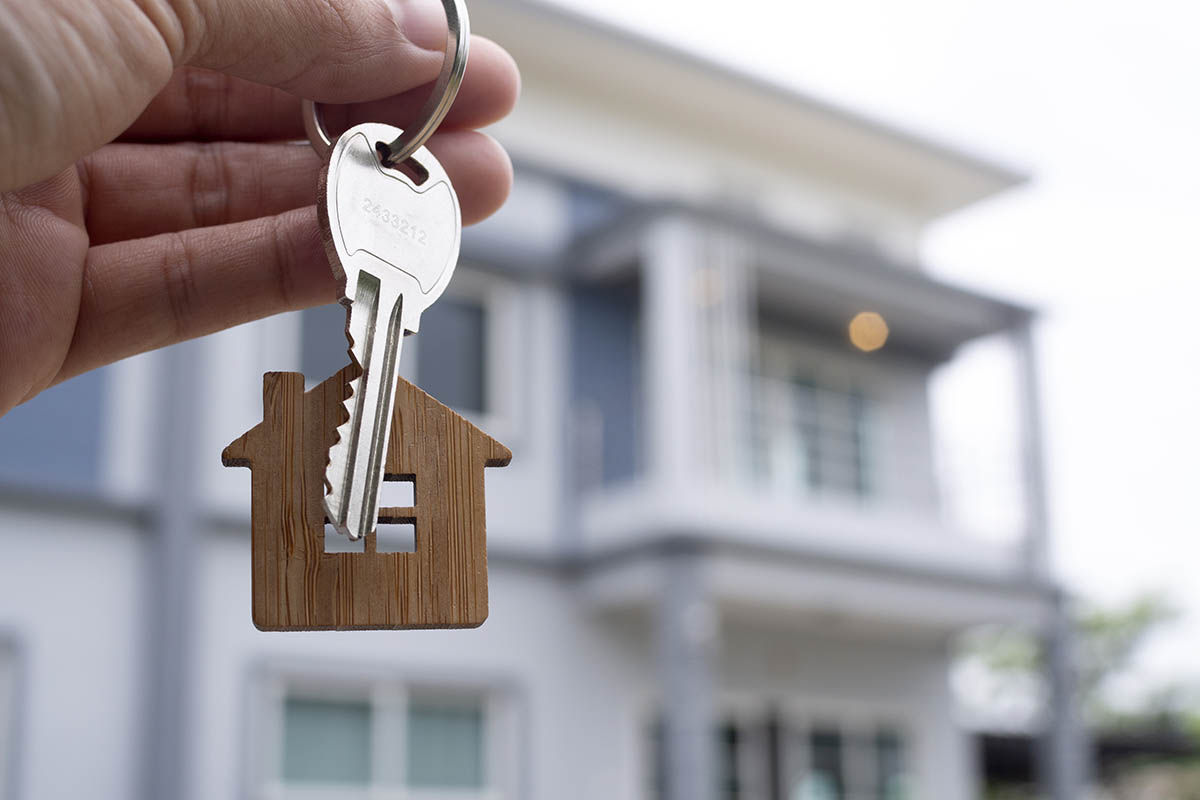Which Type Of Property Investment Is Right For You?
Before investing your hard-won money into bricks and mortar, it is essential to consider all the aspects involved carefully. In particular, choosing the type of property, you will invest in and whether you will be an active participant in all of the process is crucial. Happily, you can get some advice on this very topic in the post below.
Buy-to-Let
Buy-to-let property investors purchase a building to lease it out and gain a regular monthly income. This income is then used to pay off the property’s mortgage, releasing more equity when they finally come to sell.
Buy-to-let properties can be both residential and commercial. Although many people begin on the residential side of things because that is what they have the most experience with.
Still, it is important to note that investment in commercial properties that are then let out to business can provide an excellent return. However, consulting an expert who writes in a commercial property like Jacob Kupp before you invest can be a brilliant way of educating yourself on the market. In turn, something can help you make the best decisions and minimize the risks involved.
Buy-to-flip 
On the other hand, Buy-to-flip is where an investor purchases a property, renovates or decorates it, and then sells it on quickly. The essential elements of a successful buy-to-flip deal include a low buying price and a fast turnaround. After all, time is money, especially when all of your capital is tied up in a property that isn’t on the market.
Holiday Lets
In contrast to the buy-to-let model, holiday properties are also a trendy investment choice right now. These differ from buy-to-let because the aim is not to find someone to lease the property consistently from you but instead charge a high rate for short stays such as a week.
Indeed, the genius of investing in a holiday let property is that you can make the same or more than you would be leasing a property all year by only covering the summer season. This means you can also live in the home for the rest of the time and save money on your own living costs if you so desire.
Type Of Property Investment: Hands-off vs. Hands-on
While the information above pertains to the building your money will go towards, you need to consider another aspect of poverty investing. It is whether you will be an active part of the buying, letting, and/or renovating process or not. This decision is often framed as hands-on vs. hands-off investment.
Of course, there are many benefits and disadvantages to both. One of these is that hands-off investors get to stay in their current jobs and not have their lives consumed with renovation work. However, a hands-on investment can often offer a higher return, especially if you choose to do as much of the work as possible such as sourcing the property, renovating it, and finding a buyer.




















